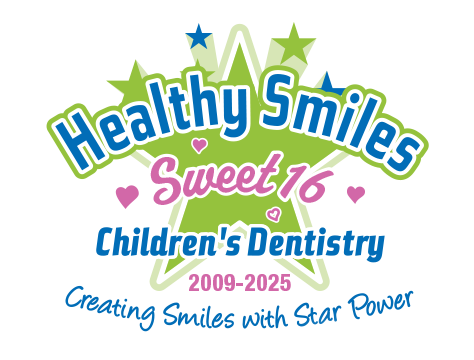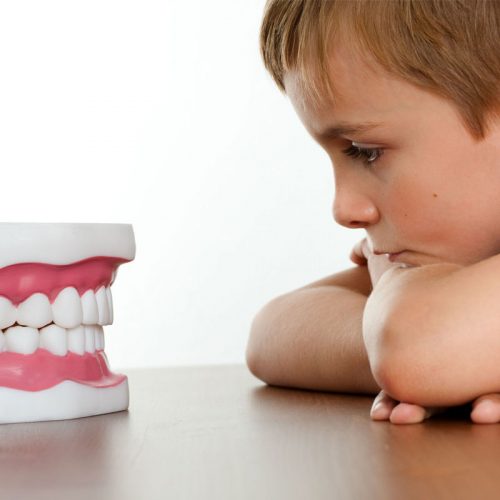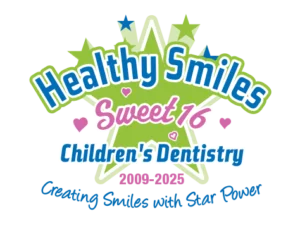Celebrating 16 Years Serving Our Community!
Brought my daughter in for two extractions this morning and of course it had it's challenges. Dr. Davis and her staff were great with my little one, as they have always been. Due to nervous about the procedure, my daughter began vomiting after having breathe the nitrous for about a minute, after cleaning my daughter up and given her about 10 minutes to pull herself together; the procedure went very smoothly and quickly on the restart. Although still nervous once numb both extractions took less than 5 minutes, with my daughter only feeling pressure. Thank you Dr. Davis and staff! See you all in few moths for cleaning and check ups.
Efficiency in a Doctor's Office Redefined....
We’ve been seeing Dr. Davis for 15 years, and the level of care and efficiency has always been exceptional. Dr. Davis and her team operate like a NASCAR pit crew—highly coordinated, fast, and precise. From check-in and paperwork to X-rays and cleanings, the entire process runs smoothly with little to no waiting. Even with the quick pace, they never compromise on quality—each child receives careful, individualized attention. With three kids, we were in and out in under an hour—truly impressive!
It's such a wonderful environment. The ladies at healthy smiles always make my kids feel so comfortable. The doctor is so patient, and her experience definitely shows in her work. My kids love going to the dentist because of all the ladies at healthy smiles! ❤️
We absolutely LOVE Healthy Smiles! My daughter has been a patient since birth, and she'll be12 this year! We moved to Dallas 10 years ago, and we still commute over an hour for our appointments to date! We love the ENTIRE staff! Doctor Davis, Abigail, and Ms. Lynn are amazing 🤎
My girls have been coming here since the beginning of their dental journey. The crew here is hands down the best. I called to see if they had an earlier time available, to no avail. Regardless, when an earlier time appeared, they quickly contacted me and got me in earlier. Beyond just the basics they go beyond are very very nice and make everyone feel welcome. Recommend for anyone looking!


